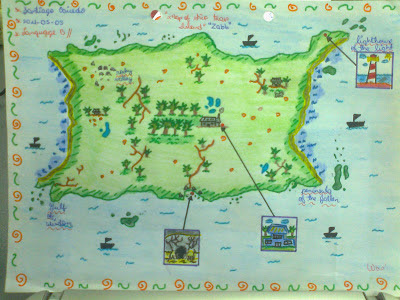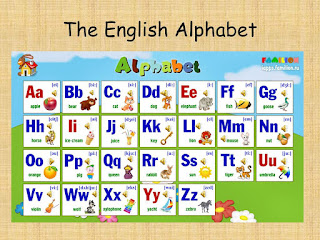Dr. Melvin Clark, Educator and Motivator. An Interview. (2)
(Continued from previous entry)
4. Your main experience is working with young adults. What problems have you found that are common to all? Is there any specific feature that is equally troublesome to most of your students? What recommendations would you give students who are struggling in similar ways?
4. Your main experience is working with young adults. What problems have you found that are common to all? Is there any specific feature that is equally troublesome to most of your students? What recommendations would you give students who are struggling in similar ways?
5. There are many young people out there who would like to become teachers, but are somewhat hesitant. What would you tell them so they can have a clear picture of what to expect and what not?
Becoming an educator is a glorious aspiration. One will not only earn a decent salary, one will make a positive impact upon society. With Paolo Freire and Frank Laubach as two of my favorite educator heroes, I can clearly state that literacy is my objective for all that I teach. What better gift to the world? Freire fought for and taught literacy for all, regardless of position or status, in Latin America. Laubach created simple, clear phonics for many languages as a first step to literacy. I want to do the same for North America and if I could, the whole world!
In summary, I like helping people. Teaching is a way to this end. And in the end, literacy achieves peace, the ultimate hope of all humankind.




Comments